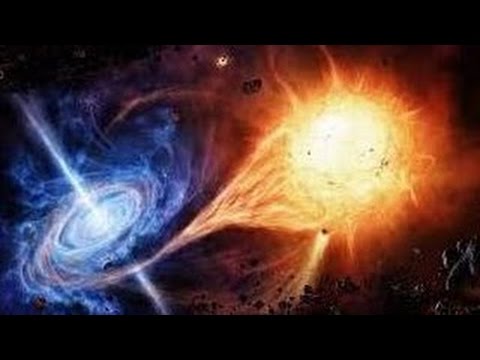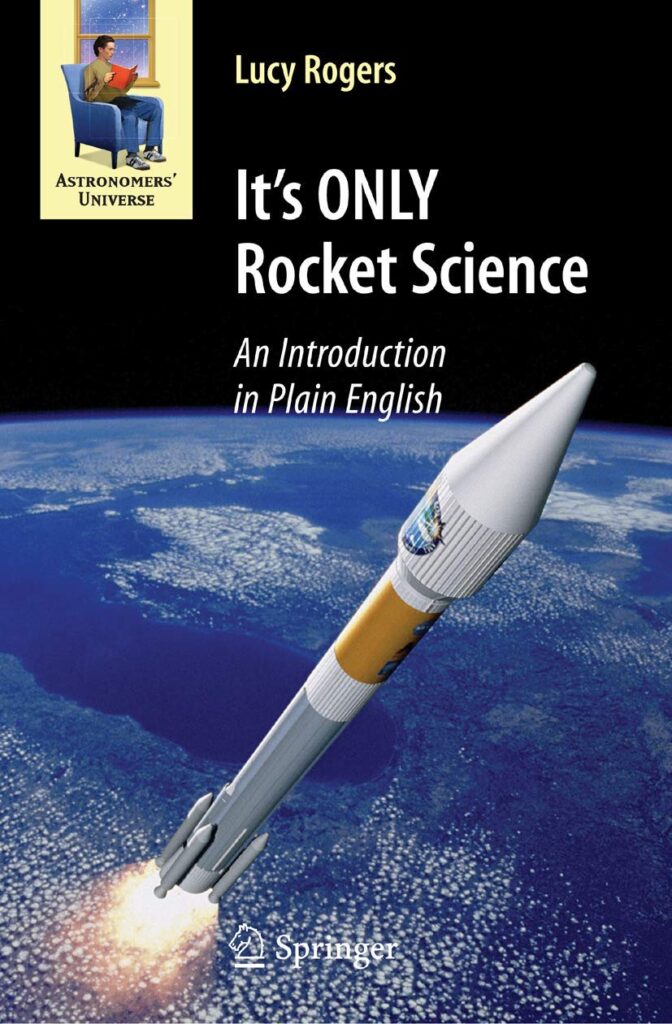Unraveling the Mystery of Cosmic Expansion: What We Know So Far
The universe is a vast and mysterious place, filled with countless galaxies, stars, and planets. One of the most intriguing phenomena in the cosmos is cosmic expansion – the fact that the universe is constantly growing and stretching outwards. This phenomenon was first discovered in the early 20th century by astronomer Edwin Hubble, and has since become a major focus of study for scientists around the world.
So, what do we know so far about cosmic expansion? The first and most important piece of evidence for cosmic expansion comes from Hubble’s observations of distant galaxies. By studying the light emitted by these galaxies, Hubble was able to determine that they were moving away from each other at a rapid rate. This led him to conclude that the universe was expanding, and that it had been doing so for billions of years.
Further evidence for cosmic expansion comes from the cosmic microwave background radiation – a faint glow of radiation left over from the Big Bang. By studying the fluctuations in this radiation, scientists have been able to determine the age of the universe, as well as its rate of expansion. These measurements have confirmed that the universe is indeed expanding, and that it is doing so at an accelerating rate.
Another key piece of evidence for cosmic expansion comes from the study of supernovae – the explosive deaths of massive stars. By studying the light emitted by these supernovae, scientists have been able to determine that the universe is not only expanding, but that it is also accelerating in its expansion. This discovery was a major breakthrough in our understanding of the cosmos, and has led to the development of the theory of dark energy – a mysterious force that is driving the acceleration of cosmic expansion.
Despite these discoveries, there is still much that we do not know about cosmic expansion. For example, the nature of dark energy remains a mystery, and scientists are still working to understand how it is influencing the expansion of the universe. Additionally, there are still many unanswered questions about the ultimate fate of the universe – will it continue to expand forever, or will it eventually collapse in on itself?
In the coming years, scientists will continue to study cosmic expansion in order to unravel its mysteries and gain a deeper understanding of the cosmos. By using advanced telescopes and instruments, as well as conducting experiments and simulations, researchers hope to shed light on the forces driving cosmic expansion and uncover the secrets of the universe.
In conclusion, cosmic expansion is a fascinating and complex phenomenon that has captivated astronomers and scientists for decades. Through careful observation and study, we have made great strides in understanding the nature of cosmic expansion, but there is still much more to learn. As we continue to unravel the mysteries of the universe, we may one day unlock the secrets of cosmic expansion and gain a deeper understanding of the cosmos.













